A BBC report about the Xinjiang Uygur autonomous region on July 31 hyped up the baseless allegation of China conducting "transnational repression" of Uygurs abroad and falsely claimed the Uygur population in Xinjiang is being monitored and imprisoned. The following are excerpts of a letter by the spokesperson to the Chinese embassy in the United Kingdom to the BBC:

Women work at the Eagle Textile company's factory in Yarkant county, Xinjiang Uygur autonomous region. (Photo by Cui Jia/China Daily)
China firmly opposes the BBC's practices in the Xinjiang report. The allegation of China conducting so-called transnational repression is completely groundless. It is political manipulation by certain ill-intentioned politicians in the US and the West to use Xinjiang to contain and smear China. China respects the sovereignty of other countries and conducts law enforcement and judicial cooperation with them in accordance with the law, and China protects the communication of all ethnic groups with their overseas relatives according to law. That includes Uygurs. For some time now, anti-China "East Turkestan" separatists overseas have been making false claims about "missing" relatives. Verification with relevant departments shows that some of those allegedly "missing" are living a normal life, while some of them do not exist and have simply been fabricated. A small number of scholars in the UK, aiding and abetting the "East Turkestan "separatists, have been concocting rumors about Xinjiang in the name of "academic freedom." This is a far cry from the objectivity and fairness befitting a scholar. The BBC, for its part, has gone to great lengths to hype up these distorted allegations that are full of hostility and bias against China and aimed at creating divisions. It has to be pointed out that the BBC has fallen far behind its stated principle of impartiality in its reports about Xinjiang.
The great achievements of Xinjiang in economic development, social progress, and improvement to people's lives are widely recognized around the world. This can never be distorted by a small group of separatists elements colluding with anti-China forces in the US and the West for the purpose of misleading the public. Over the past 60 years and more since the Xinjiang Uygur autonomous region was established, the region's economy has grown 160 times. Its Uygur population has expanded from 2.2 million to about 12 million, and the average life expectancy there has increased from 30 to 74.7 years. In recent years, more than 2,000 government officials, religious personnel and journalists from over 100 countries and international organizations have visited Xinjiang. They have spoken highly of the inclusive development of diverse cultures and the stable and peaceful life enjoyed by people in Xinjiang, and expressed understanding and support for the region's counterterrorism and de-radicalization efforts.
Today's Xinjiang is at its best in history. Any rumors about Xinjiang will collapse in the face of the truth that the region enjoys social stability and harmony, and sustained economic development, and people there are leading a peaceful and happy life. We urge the BBC to observe the professional ethics of journalism, stop spreading Xinjiang-related rumors, and report on China in an objective and fair manner.









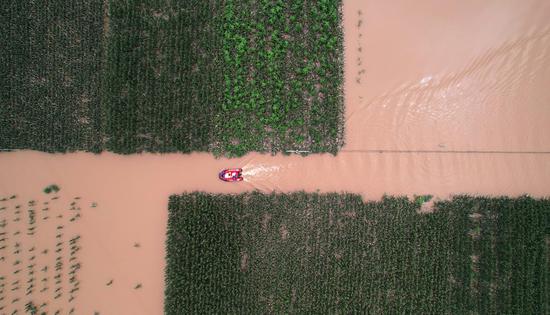
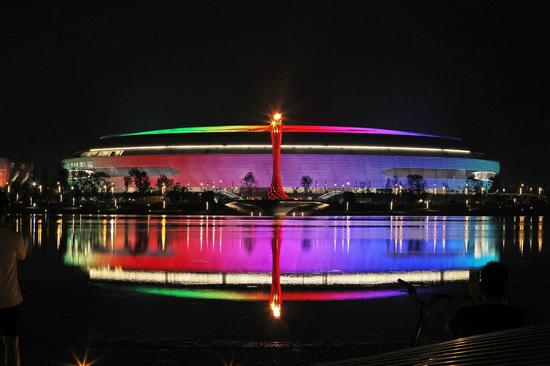

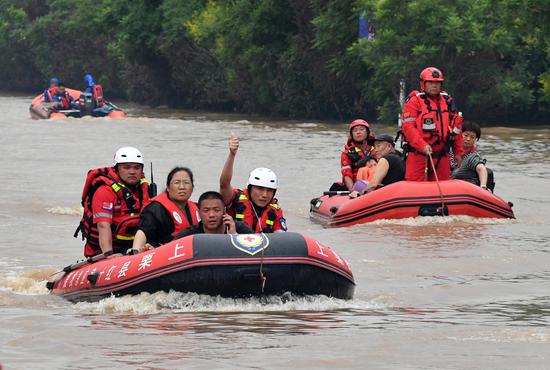


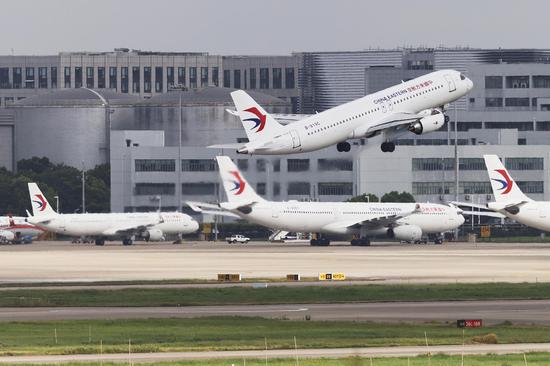
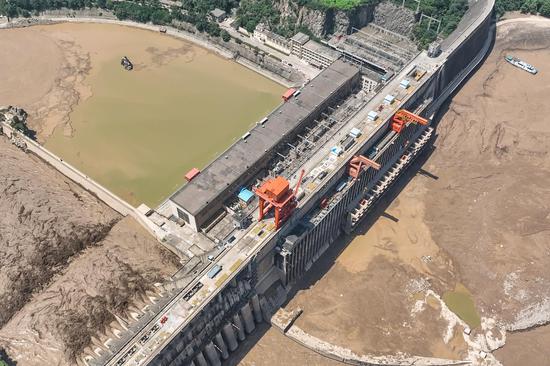
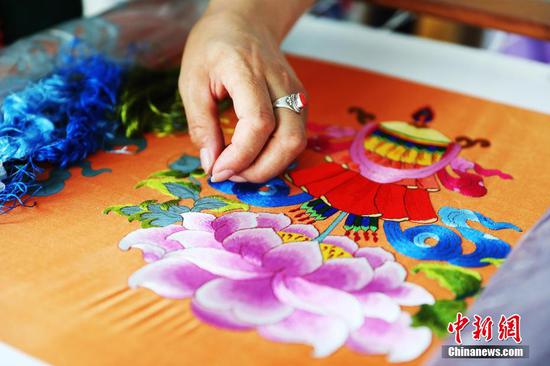
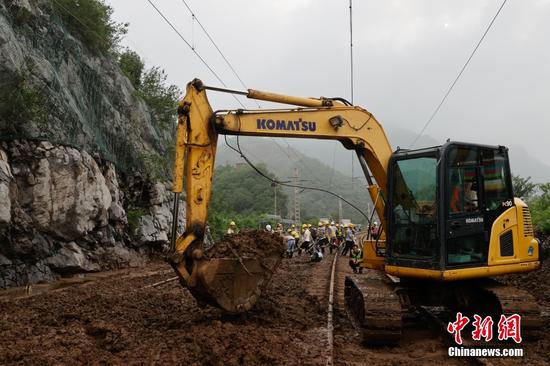


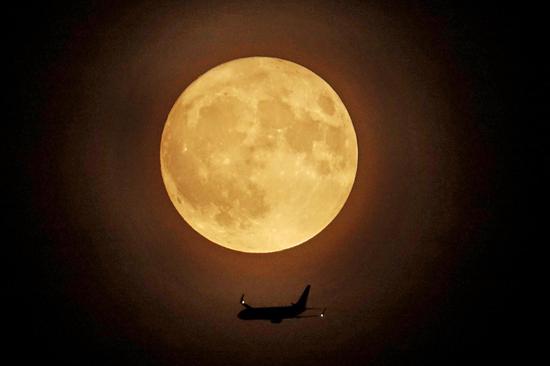
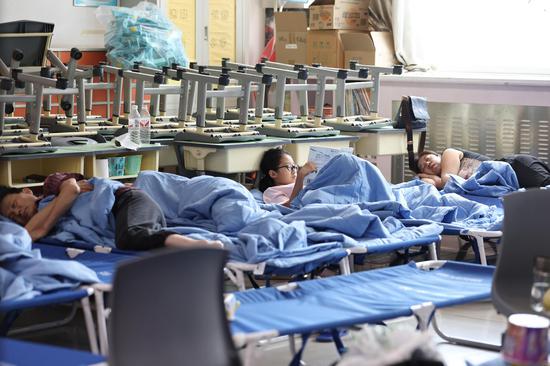
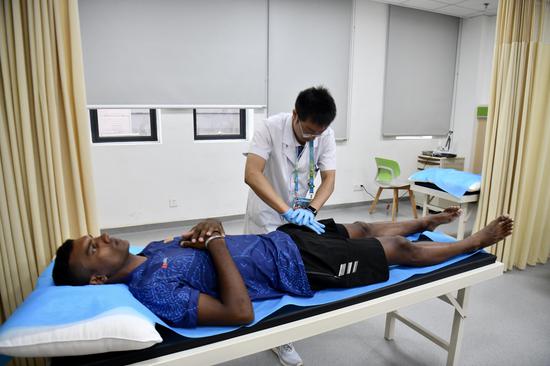

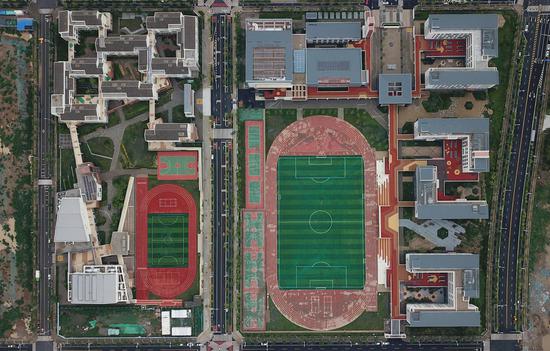
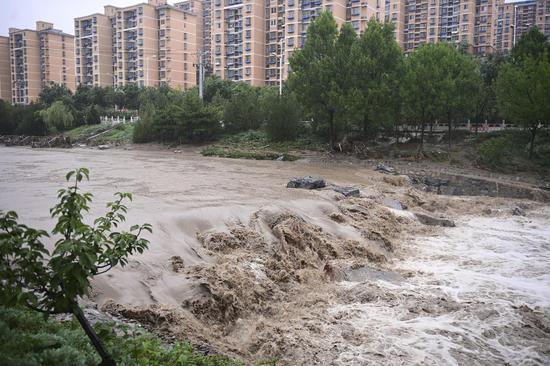
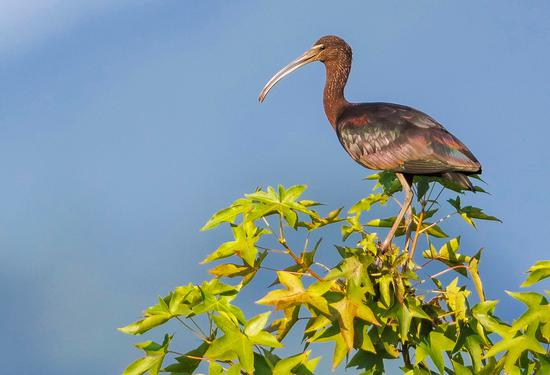
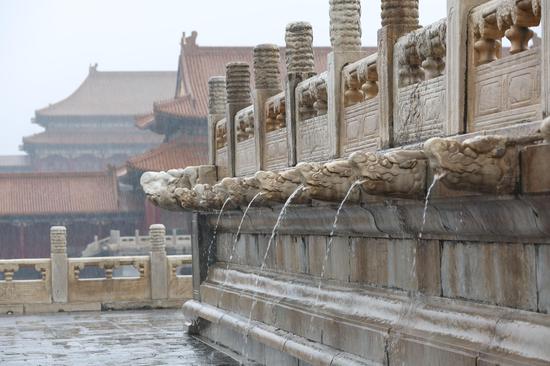

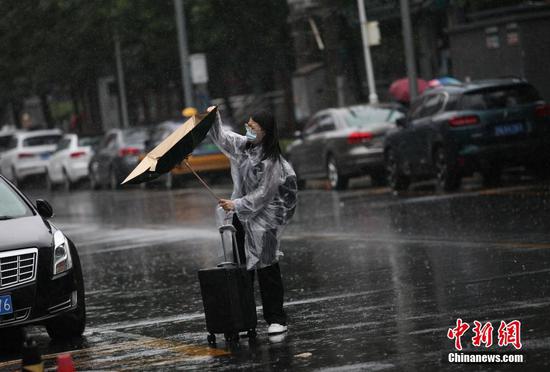
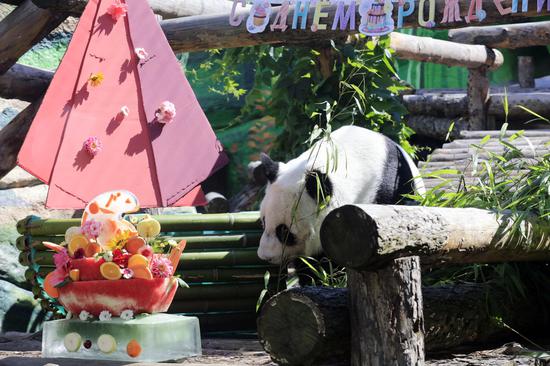
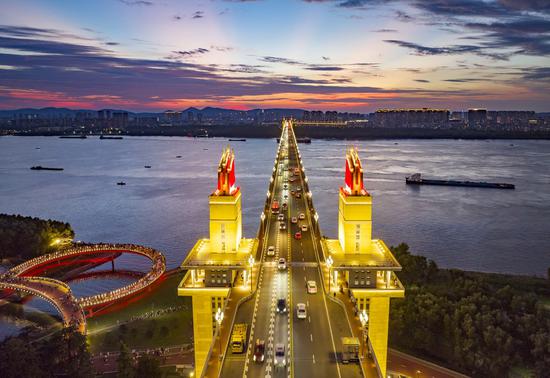
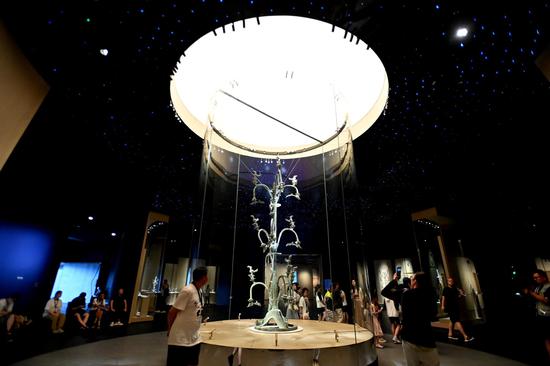


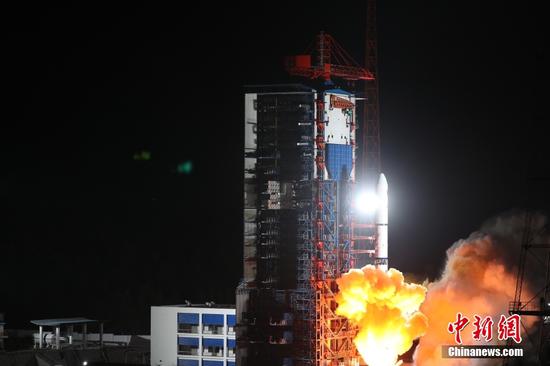
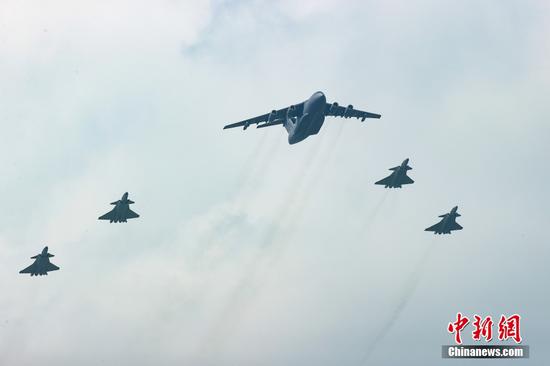
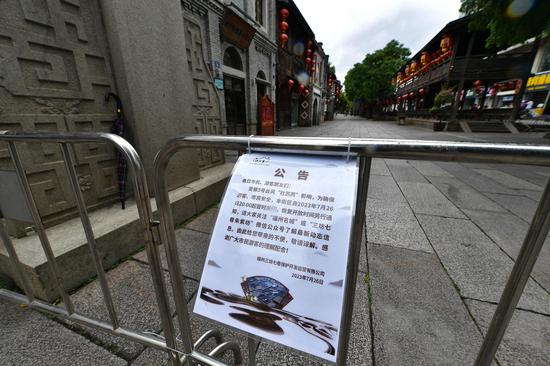

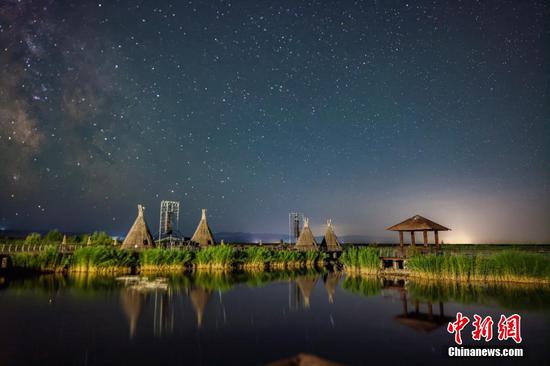
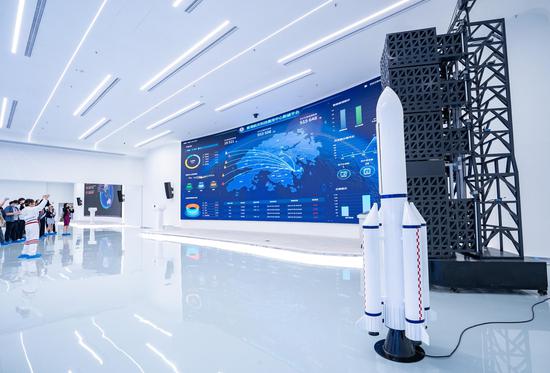
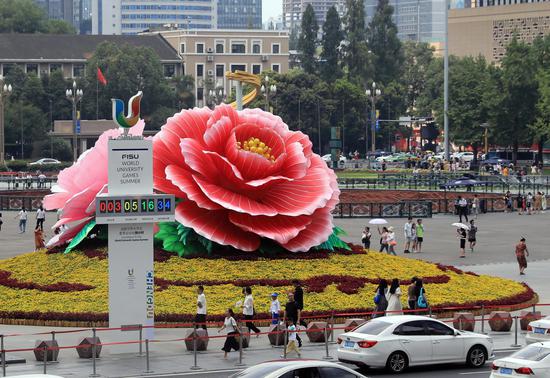







 京公网安备 11010202009201号
京公网安备 11010202009201号